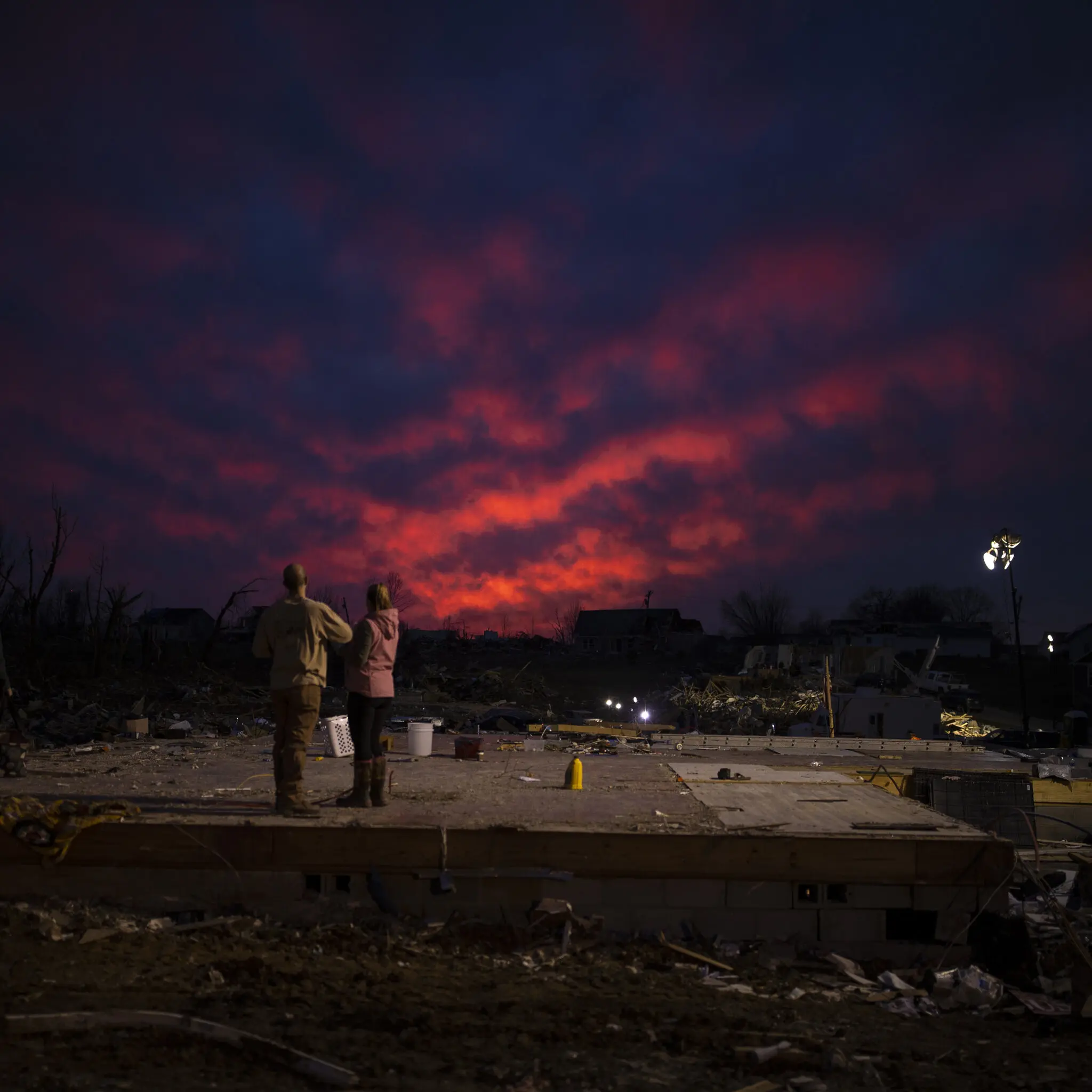Russian President Vladimir Putin closed a three-day summit of the BRICS bloc Thursday in the city of Kazan, Russia, as developing economies today unleashed a significant show of unity. The summit, attended by leaders or representatives from 36 countries, highlighted the group's growing influence as a counterweight to Western powers. Under these circumstances and in constant tension over the Ukraine conflict, Putin appreciated BRICS for countering what he viewed as the west's "obnoxious methods" of influence on the world stage.
The summit has been called at a time when the United States is ramping up efforts to further isolate Russia after its military actions in Ukraine. Yet, the Kazan summit is a far cry from these isolation strategies. The United Nations Secretary-General, in his first visit to Russia since more than two years back when the Coronavirus pandemic was still raging around the world, could be seen during the summit. Guterres called for a "just peace" in Ukraine and called for an immediate cessation of hostilities in Gaza, Lebanon, and Sudan.
In addressing concerns over former US President Donald Trump's comments on Friday regarding the end of conflict in Ukraine during a press conference immediately after the summit, Putin said: "What Mr. Trump said recently, what I heard, he spoke about the desire to do everything to end the conflict in Ukraine," Putin stated. He appreciated that any efforts for peace would be great, whatever their source.
Putin also discussed the rumors about North Korea troops deployment in Russia. While not being clear on the presence of North Korean troops, he admitted the ratification of a military assistance deal with North Korea. This deal has already started raising international eyebrows, where the U.S reported that about 3,000 North Korean troops have gone to Russia for training.
The Kazan summit was also concerned with strengthening financial cooperation between BRICS countries. The leaders discussed all strategies that can be used to create alternatives to Western-controlled payment systems and make regional stability possible. From its original formation consisting of Brazil, Russia, India, China, and South Africa, the BRICS group has been expanded to include Iran, Egypt, Ethiopia, the United Arab Emirates, and Saudi Arabia, with several other countries, such as Turkey and Malaysia, showing interest in joining.
Delivered on the sidelines of the summit, Putin took a jab at the West for employing "illegal unilateral sanctions" and other tools he believes strangle the progress of the Global South. This, according to him, is what has fueled increased conflicts around the world, including the Ukraine situation. Such perversive methods and approaches give birth to new conflicts, exacerbate the old ones," he stressed adding that Russia was particularly concerned about the security issues and the rights of Russian-speaking citizens in Ukraine.
A joint declaration by the BRICS participants came out with concerns over the adverse effect of illegitimate sanctions and commitment towards financial cooperation within the group. The heads of state asked for faster, more efficient, and transparent cross-border payment systems in which it reduces barriers of trade and offers access in a non-discriminatory way.
Chinese President Xi Jinping insists that BRICS is relevant to the security of the entire world, indicating a peace plan for Ukraine while standing alongside Brazil. The Ukraine has refused the proposed peace, reflecting internal conflict within the bloc relating to the war.
As the summit broke up, the Kremlin-controlled media declared the gathering a major diplomatic success for Russia. Stories made a point that BRICS nations represent some 40 percent of the world's population and that the coalition represented an opposing force to Western dominance. "The West, the U.S., Washington, Brussels, London ended up isolating themselves," declared state television host Yevgeny Popov.
Even if the annexation of Crimea overshadowed the summit, this was, in fact, a moment extremely important for Russia in terms of leveraging its influence on emerging countries. What the BRICS summit recently showed was an effort at collaboration-remarkable and an extension of an alternative order to global affairs at a time of sharp geopolitical tensions in Moscow. The result of this summit may form new implications for international relations in the coming years, especially at a time of changing economic issues and shifting power dynamics across the globe.







